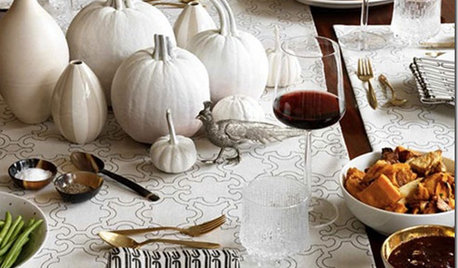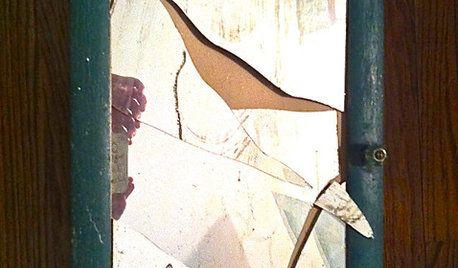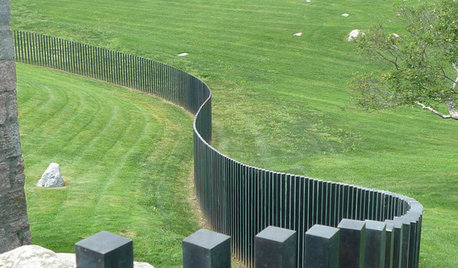Epsom Salts Safe for Animals?
joanie_pomseed
14 years ago
Featured Answer
Sort by:Oldest
Comments (15)
rhizo_1 (North AL) zone 7
14 years agoKimmsr
14 years agoRelated Professionals
Allentown Landscape Architects & Landscape Designers · Simi Valley Landscape Architects & Landscape Designers · Wake Forest Landscape Contractors · Ellicott City Landscape Contractors · Essex Landscape Contractors · Hickory Hills Landscape Contractors · Homewood Landscape Contractors · Post Falls Landscape Contractors · Woodbury Landscape Contractors · Arbutus Decks, Patios & Outdoor Enclosures · Athens Decks, Patios & Outdoor Enclosures · Dayton Decks, Patios & Outdoor Enclosures · Grand Rapids Decks, Patios & Outdoor Enclosures · Leander Decks, Patios & Outdoor Enclosures · Waukesha Decks, Patios & Outdoor Enclosuresjoanie_pomseed
14 years agoKimmsr
14 years agodchall_san_antonio
14 years agodiane_nj 6b/7a
14 years agogardengal48 (PNW Z8/9)
14 years agodiane_nj 6b/7a
14 years agojoanie_pomseed
14 years agodchall_san_antonio
14 years agorhizo_1 (North AL) zone 7
14 years agojoanie_pomseed
14 years agodchall_san_antonio
14 years agoplays_in_dirt_dirt
14 years ago
Related Stories

LIFEHow to Keep Your Pets Safe During the Holidays
To avoid an unwanted trip to the vet, be aware of these holiday-related hazards for dogs and cats
Full Story
HOUZZ TOURSMy Houzz: An Animal Lover's Texas Sanctuary
Dogs, cats and horses enjoy an idyllic temporary refuge here, but the eco-minded home has a permanent place in its owner's heart
Full Story
PETSDealing With Pet Messes: An Animal Lover's Story
Cat and dog hair, tracked-in mud, scratched floors ... see how one pet guardian learned to cope and to focus on the love
Full Story
RUSTIC STYLE10 Cabin Rental Basics for City Slickers
Stay warm, dry and safe while you’re enjoying winter cabin life with this valuable advice
Full Story
LIFEDo You Believe in Luck Around the House?
Broken mirrors, spilled salt, an unavoidable ladder — superstitions don't seem to affect this homeowner. Knock wood
Full Story
PETSPet-Proofing Your Home: A Room-by-Room Guide
Not all pet dangers are obvious. Keep furry friends safe and sound by handling all of these potential hazards
Full Story
LIFEHow to Prepare for and Live With a Power Outage
When electricity loss puts food, water and heat in jeopardy, don't be in the dark about how to stay as safe and comfortable as possible
Full Story
LANDSCAPE DESIGNGood Fences, Good Neighbors — and Good Views
See-through vertical fencing connects a yard with its surroundings while keeping children and pets safely inside
Full Story
DECORATING GUIDESStep Away From the Wallpaper: Why Decorating Risks Are Overrated
Want to find your signature style? Try staying inside your comfort zone
Full Story
HOUZZ TOURSMy Houzz: Traditional, Collected Style in Oregon
A gold-and-blue palette, curated furnishings and dark wood floors warm up an Oregon couple's home
Full StoryMore Discussions








gardengal48 (PNW Z8/9)